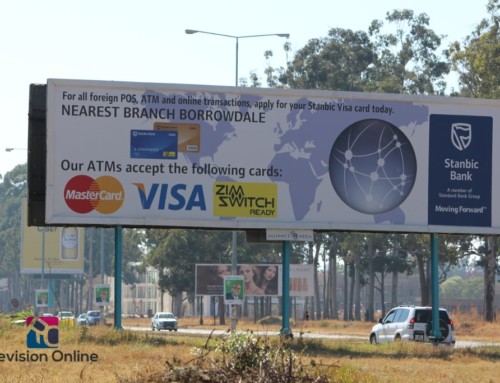Cambridge AS A Level Business Studies/ ZIMSEC Advanced Level Business Studies/ Business Enterprise Skills Notes: Mixed Economy
- Society faces an economic problem
- It has to answer three basic questions:
- What to produce
- How to produce and
- For whom to produce?
- It falls upon the government of that given society to come with a solution to this problem
- This solution comes in the form of an economic system
- There are three basic economic systems which are:
- Planned Economic system which is also known as a Command Economy
- The Free Market Economic system and
- The Mixed Economic system
- The mixed economic system is a hybrid of the first two economic systems
- It incorporates aspects of more than one economic system
- Typically this means that in such an economy there are both state-owned and privately owned businesses
- This system allows the economy to overcome the disadvantages of both the planned and free-market economic systems
- It takes from the best of both worlds
- Most economies of the world including the economy of Zimbabwe, UK, France etc are mixed economies
- It is important to point out that not all mixed economies are the same
- Depending on the leanings of the government in power a mixed economy can lean towards planned economies, market economies or be right in the centre
- Other features of a mixed economy include:
- Resources are both owned by the government while some are in private hands
- Market forces are used to determine prices for some products in the private sector under the watchful gaze of the government
- The government sets prices for products in the public sector usually this involves prices for strategic products such as electricity, water and sanitation, defence etc
- There is a public sector and private sector
- Businesses in the public sector are owned by the government
- Businesses in the private sector are owned by private individuals.
Advantages
- Enjoys advantages of both planned and free-market economies while avoiding their drawbacks
- Consumers have a choice for most products
- The government is available to correct things like unequal distribution of wealth and unemployment
- The government intervenes to reduce social costs
- Monopolies are regulated and monitored
- Duplication of resources is avoided when it is not needed
- Businesses in the private sector can operate efficiently and respond quickly to consumer demands
To access more topics go to the Advanced Level Business Studies page
To access more topics go to the ZIMSEC Business Enterprise and Skills page
To access more topics go to the Cambridge AS A Level Business Studies page








